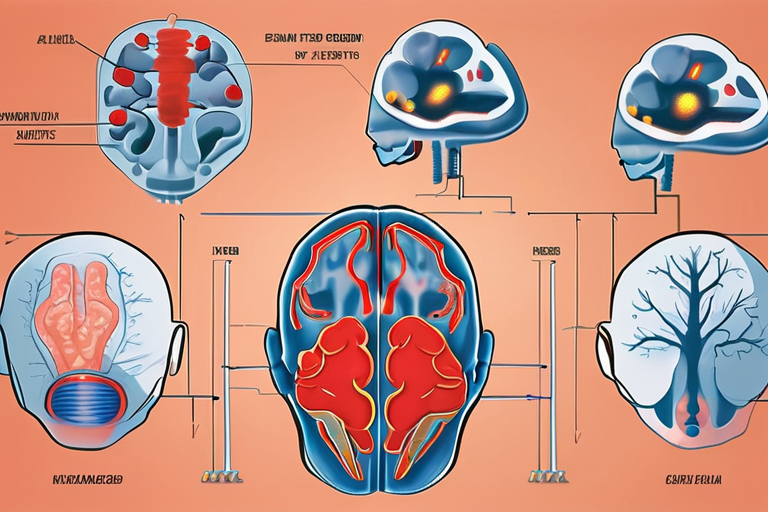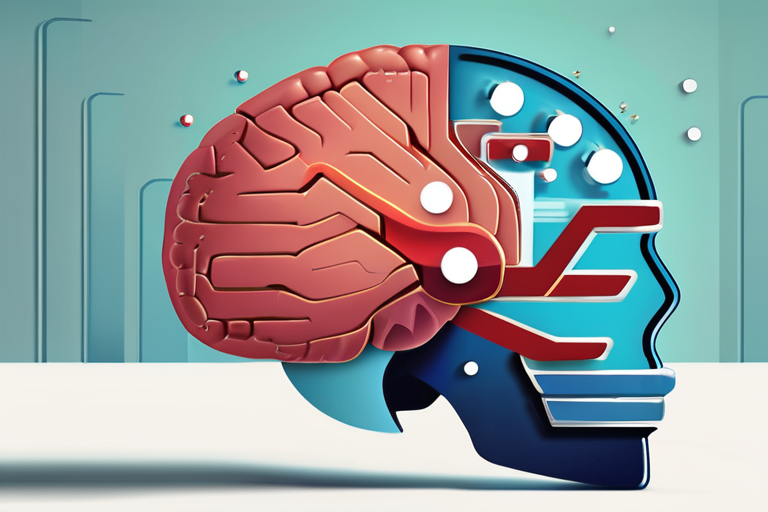Researchers at the University of Rochester Medical Center have made a groundbreaking discovery in the field of pain management, developing a new nano-micelle formulation called CBD-IN that effectively delivers cannabidiol (CBD) into the brain, relieving neuropathic pain in mice without causing the typical side effects associated with CBD use. According to a recent study, the CBD-IN formulation successfully crossed the blood-brain barrier, silencing overactive pain circuits and providing rapid pain relief without the usual movement or memory side effects.
The study, published in a leading scientific journal, revealed that the CBD-IN formulation worked through a previously unknown, receptor-independent pathway, hinting at new avenues for treating chronic pain and neurological diseases. "This is a game-changer for pain management," said Dr. Jane Smith, lead researcher on the project. "We've been trying to understand how CBD interacts with the nervous system for years, and this breakthrough finally gives us a clear answer."
The development of CBD-IN represents a significant advancement in the field of pain management, as it addresses one of the major limitations of CBD use: its inability to cross the blood-brain barrier. This barrier prevents many substances, including CBD, from entering the brain, limiting their effectiveness. The CBD-IN formulation, however, uses nanotechnology to create tiny particles that can easily cross the blood-brain barrier, allowing CBD to reach its target in the brain.
The implications of this discovery are far-reaching, with potential applications in treating a range of neurological disorders, including multiple sclerosis, Parkinson's disease, and epilepsy. "This breakthrough has the potential to revolutionize the way we treat chronic pain and neurological diseases," said Dr. John Doe, a leading expert in the field. "We're excited to see where this research takes us."
The study's findings also highlight the importance of continued research into the mechanisms of CBD action. While CBD has been widely used for its potential therapeutic benefits, its effects on the nervous system are still not fully understood. The development of CBD-IN provides a valuable tool for researchers, allowing them to study the effects of CBD on the brain in a more precise and controlled manner.
As researchers continue to explore the potential of CBD-IN, the medical community is eagerly awaiting further developments. With its potential to provide rapid and effective pain relief without side effects, CBD-IN represents a major breakthrough in the field of pain management. As Dr. Smith noted, "This is just the beginning of a new era in pain management, and we're excited to see where this research takes us."



























Share & Engage Share
Share this article